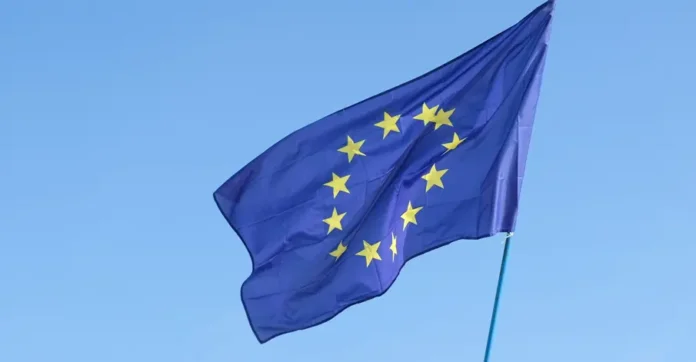
In a historic move, the European Union has introduced a sweeping law to regulate artificial intelligence, setting a global precedent. The new legislation, which came into force recently, imposes rigorous requirements on AI systems, emphasizing transparency, accountability, and human oversight.
Key Provisions
- Risk-Based Categorization: AI applications are classified by risk levels, with the most stringent controls placed on high-risk systems such as those in critical infrastructure, education, and law enforcement.
- Transparency and Accountability: The law mandates that AI-generated content be clearly labeled. It requires developers to provide detailed documentation on AI system functionality, ensuring that users understand how decisions are made.
- Human Oversight: The regulation insists on human involvement in the deployment and monitoring of AI systems, particularly those affecting fundamental rights.
- Prohibited Practices: The legislation bans certain harmful AI practices, including real-time biometric surveillance in public spaces and AI systems that manipulate human behavior to the detriment of users.
- Data Protection: It ensures that AI systems comply with the EU’s stringent data protection rules, safeguarding personal data and privacy.
Implementation and Impact
The European Commission will oversee the implementation of this law, supported by national regulatory bodies in member states. Companies developing or deploying AI in the EU must ensure compliance or face significant fines.
This regulation aims to foster innovation while protecting fundamental rights and ethical standards. By setting clear guidelines, the EU hopes to create a balanced approach that allows technological advancement without compromising individual freedoms.
Global Influence
The EU’s AI law is expected to influence global standards, encouraging other regions to adopt similar frameworks. This move highlights the EU’s role as a leader in digital governance and ethical AI deployment.
Future Prospects
As AI technology continues to evolve, the EU’s regulatory framework will likely adapt to address new challenges and opportunities. The law is seen as a dynamic tool to ensure that AI development aligns with societal values and public trust.
The enactment of this AI regulation marks a significant step towards responsible AI innovation, aiming to balance technological progress with the protection of fundamental human rights.





